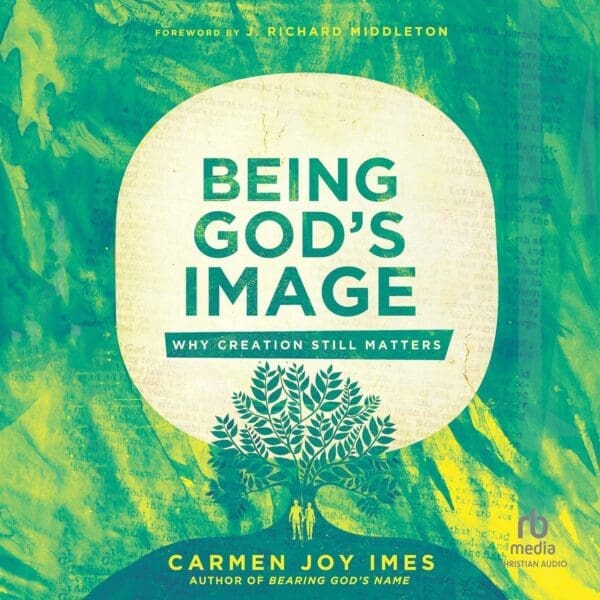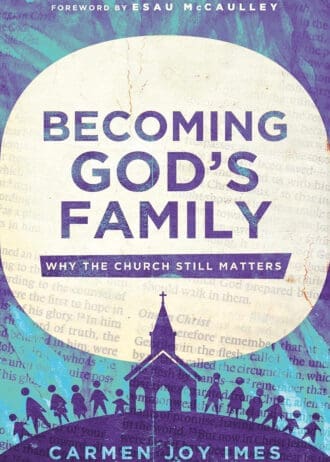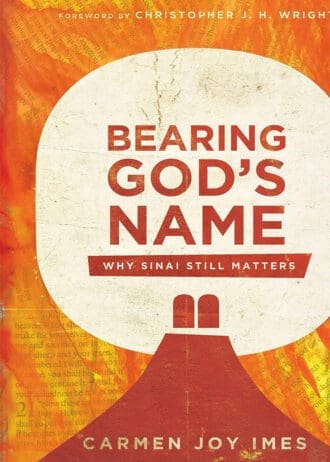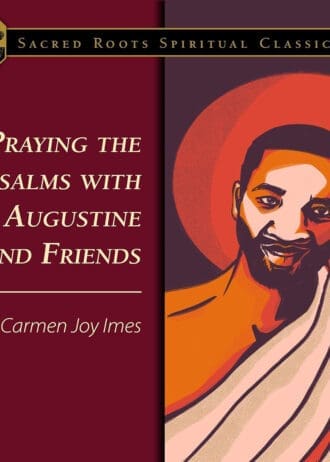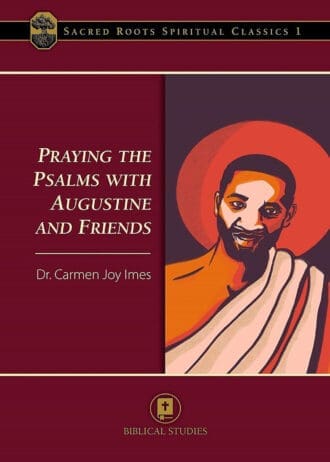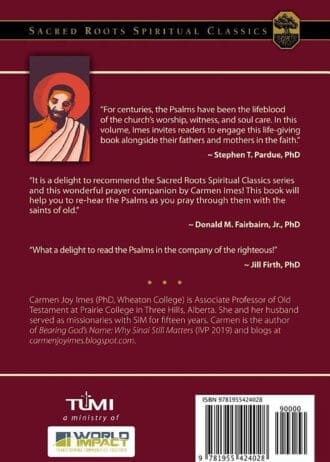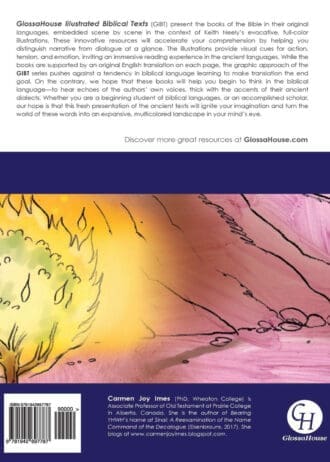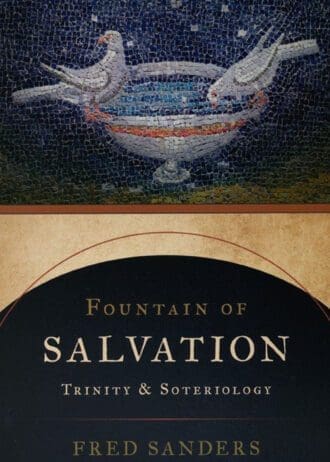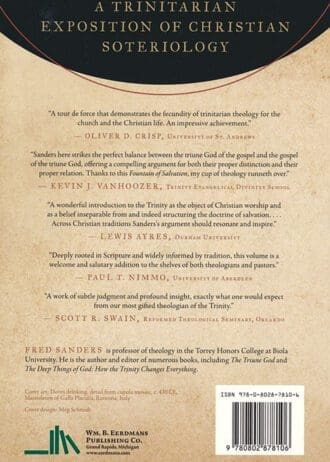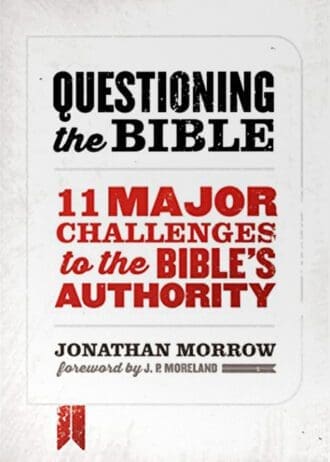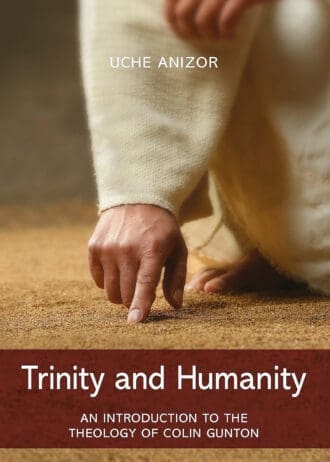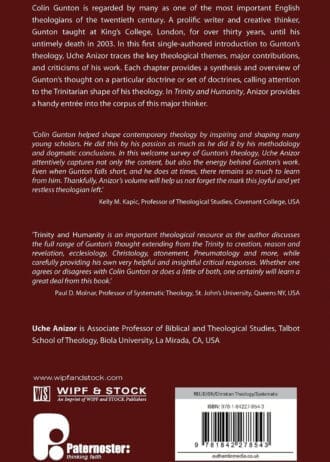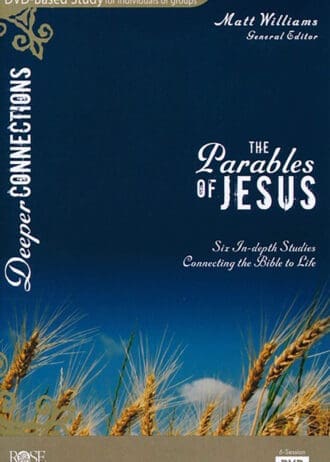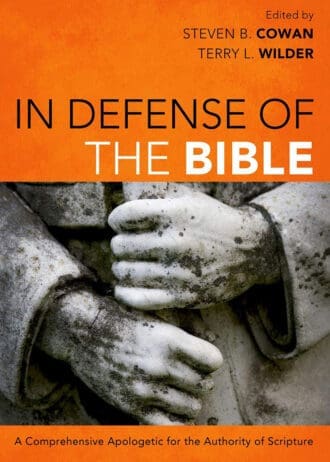What does it mean to be human? This timeless question proves critical as we seek to understand our purpose, identity, and significance. Amidst the many voices clamoring to shape our understanding of humanity, the Bible reveals important truths related to our human identity and vocation that are critical to the flourishing of all of creation. Carmen Joy Imes seeks to recover the theologically rich message of the creation narratives starting in the book of Genesis as they illuminate what it means to be human. Every human being is created as God’s image. Imago Dei is our human identity, and God appointed humans to rule on God’s behalf. Being God’s Image explores the implications of this kinship relationship with God and considers what it means for our work, our gender relations, our care for creation, and our eternal destiny. The Bible invites us into a dramatically different quality of life: a beloved community in which we can know God and one another as we are truly known. Includes a discussion guide for personal reflection or group study, as well as links to related video material through the BibleProject.
Book Insights from Carmen Joy Imes
I wrote this book to address two pressing issues: common misunderstandings of what it means to be “the image of God” and the corresponding lack of clarity about human embodiment and our future destiny. We have a tendency as evangelicals to chop off the beginning and end of the gospel story. We start with “you’re a sinner!” (Genesis 3) and end with “if you trust in Jesus you’ll go to heaven when you die.” When we imagine heaven as our final destination, we have no great motivation to care for our planet. The Bible tells a better story, designating humans as God’s image—concrete, three-dimensional representatives of God’s presence on earth, given the task of caring for creation. Christ’s incarnation underscores the theological significance of our humanity, and his bodily resurrection signals that our bodies will also be part of the new creation—our ultimate destiny. When we grasp that every human being is the image of God and that our identity as God’s image cannot be lost or destroyed, suddenly every human around us is imbued with dignity and must be treated with respect, regardless of gender, ability, race, or creed. Being God’s Image explores all these implications and more, offering a robust biblical theology. I hope this book will illuminate an important biblical theme that restores our understanding of our human identity and purpose, providing a foundation for ethics and a renewed eschatology.

